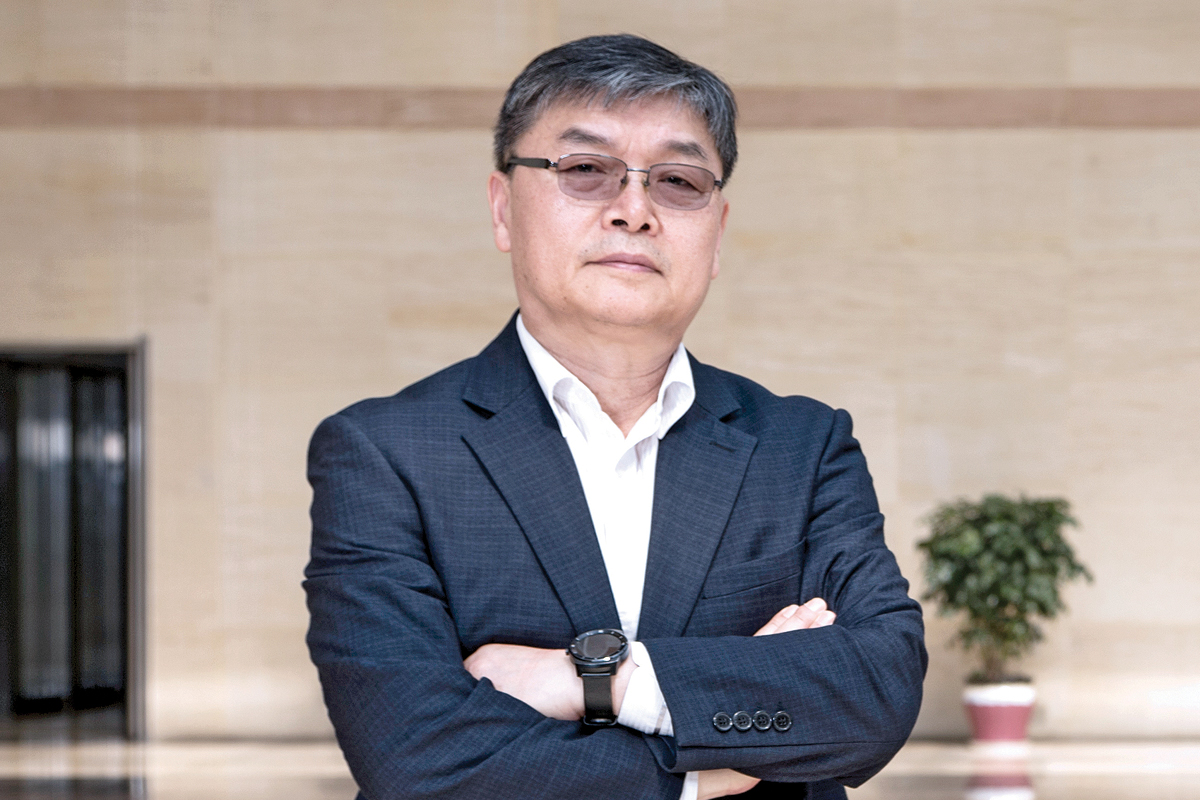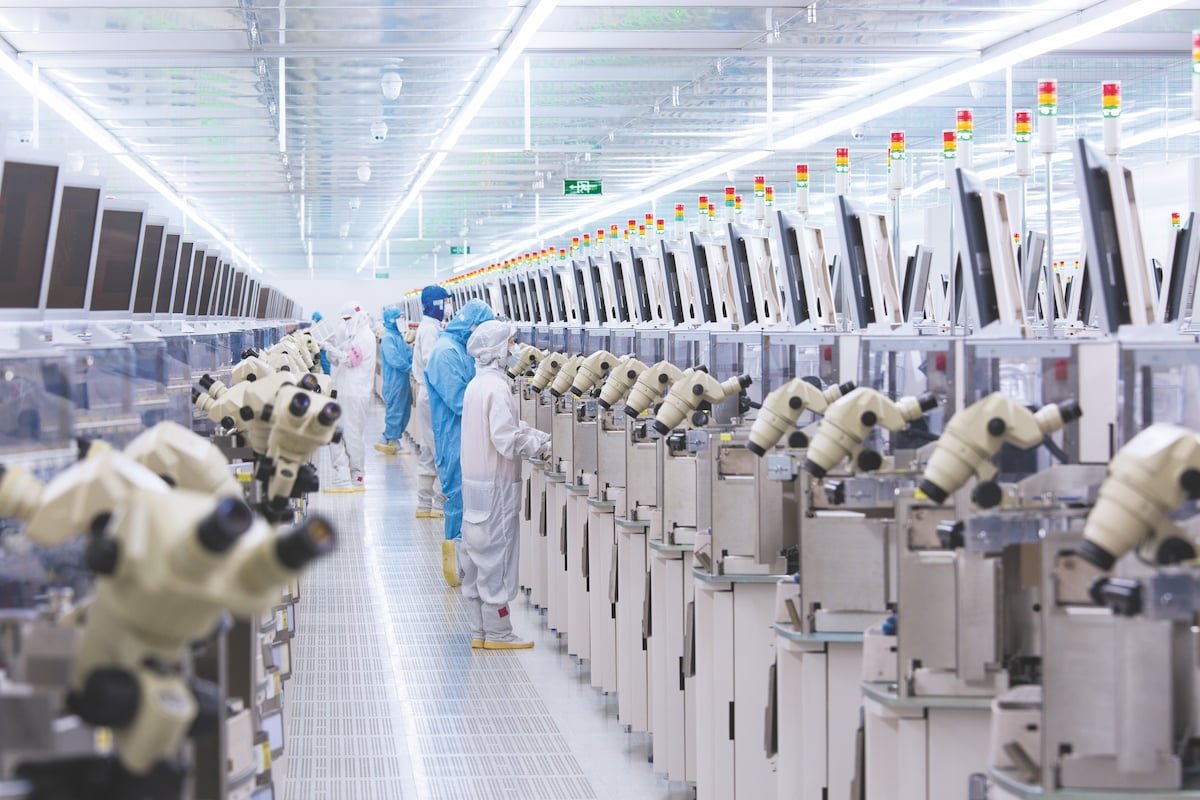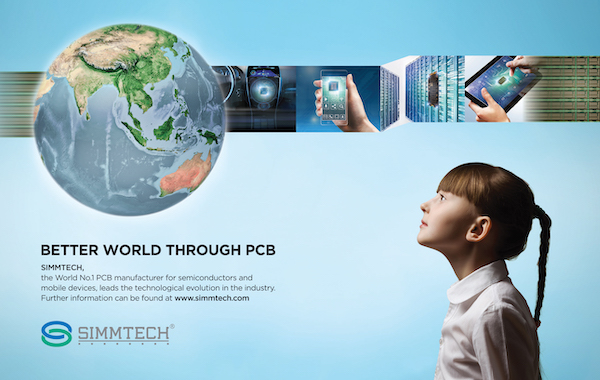Jiangsu Changjiang Electronics Technology (JCET) Group CEO Lee Choon Heung started out as an academic, working in theoretical physics. Over the course of his career, he’s published numerous academic papers, and so quite clearly has a talent for academia.

Eventually, however, he came to find the field, interesting as it was, didn’t quite offer him the level of fulfilment he craved. From there, he began his transition to business leadership, finding a career as an executive to be more impactful and exciting.
“Over time, I was trying to see some kind of result or contribution in my work, something more dynamic,” says Choon Heung.
“I found that dynamism in the business sector. I’d worked in particle physics for some time but when I got into the semiconductor packaging industry, and worked around operations, I found it had more of a tangible effect, compared with my research in physics.”
Since then, Choon Heung has accumulated 20 years of experience in the semiconductor packaging industry, working for top players Lam Research and Amkor Technology.
He joined JCET, a leading provider of advanced semiconductor packaging and test services, late last year. The Group is the largest of its kind in China and the third largest in the world.
For Choon Heung, JCET stood out over his previous roles, thanks to what he sees as a potential to make a greater difference in an industry that he’s been part of for two decades.
When he started in September, his first duty was to deliver a financially healthy company. In the past few years, JCET had undertaken an acquisition of Stats ChipPac (now a subsidiary of JCET, with Choon Heung also serving as CEO and Chair).
The acquisition resulted in JCET taking on considerable debt, increasing its interest expenses. Stats ChipPac had seen diminished sales pre-acquisition, thanks to sluggish global demand for smartphones.
This slowdown continued, says Choon Heung, even into the start of his tenure. Thus, Choon Heung has taken this clear focus on transforming JCET into a financially healthy company.
As a means of navigating this challenging environment, managing JCET’s costs continues to be central to Choon Heung’s role. He describes the industry as a “penny-pinching” one, so efficient expenditure is essential.
Even so, Choon Heung’s focus on managing costs is tempered by pragmatism – recognition that, even while working to maximise its profits, capital expenditure is still necessary for JCET’s success. “Without capex spending, you cannot grow,” he says.
In pursuit of cost efficiency (but at the same time, quality), the Group has invested in technological innovations such as camera-monitored production lines.

These aren’t designed to monitor the work done by employees on the production line but instead to maintain a record of procedures. In the event of quality issues, problems can be easily identified and corrected.
Simultaneously, JCET is introducing automation to production lines so manual processes are minimised and labour costs reduced. Choon Heung is cautiously optimistic about the future of the industry.
“The industry will require a lot of investment into digital innovation.”
“The area is getting more important and increasing in visibility. It’s experiencing slow growth, but the industry will require a lot of investment into digital innovation. I’m seriously looking into these opportunities here,” he explains.
“We’re getting to see use of AI, IoT and other kinds of automation. We’ve had to really look at those growing areas and avoid losing sight of that. JCET Group has the advantage of connecting with all available customers in China. Locally, this is a fast-growing sector and I believe JCET has potential in the future so, as long as we have good integration with standardised systems and processes, I can see this continuing for the foreseeable future.”
Processes like automation and camera monitoring, says Choon Heung, have been implemented company-wide – there’s no difference between the factories in China and the ones in Singapore – to ensure JCET Group maintains its place among the industry leaders.
Though the company has been around for close to half a century, Choon Heung is careful to stop JCET from falling behind, as industrial innovation develops exponentially.
It’s a careful balancing act and a demanding responsibility. Choon Heung admits the work is stressful but he (almost paradoxically) enjoys it for exactly this reason.
In fact, he describes the pressure as “part of the fun”. He oversees thousands of staff members across six factories in China, Korea and Singapore, and each day brings him new challenges to overcome and new standards to achieve.
“Quality is the number one priority in all sectors,” he says. “Best-quality performance is one of the major differentiating factors, but I think the biggest is that the customers are always happy with our service. Every day, they see our customer responses and deliveries, all carried out without issue. I’m making sure that quality is one of the top priorities for all of our factories.”
No doubt JCET’s customers are pleased with Choon Heung’s efforts to work alongside them personally. In fact, Choon Heung believes his best work is done out in the field, working face-to-face with JCET customers.
While that’s typically the domain of sales teams rather than operational staff, Choon Heung finds the personal touch gives him insight into the dynamics and hotspots of the industry, while also offering validation of his investment strategy.
“Market research analysis is the most productive tool I have. I always ensure I’ve got access to it.”
However, the CEO is decidedly pragmatic, relying not just on anecdotal evidence to guide his business strategies. “Market research analysis is the most productive tool I have,” he explains.
“I always ensure I’ve got access to it. That analysis gives me my ideas, while showing me the evolution of market trends.”
Proudly supported by:



